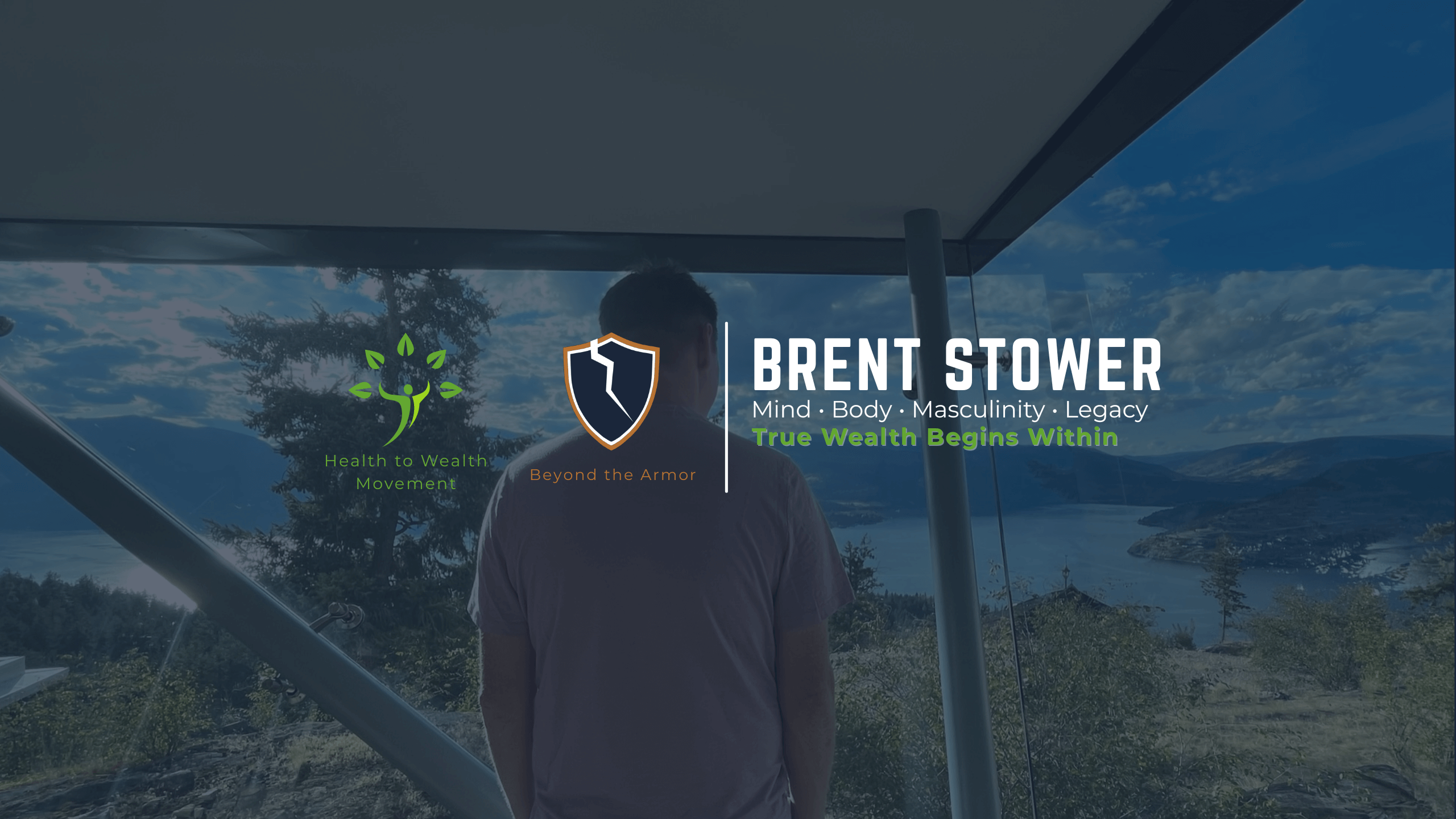
Judgment permeates our daily lives, exacerbating the fear of being perceived as weak or broken, particularly when grappling with mental health issues. Many men find this fear of judgment deeply ingrained, encouraged by societal norms that equate masculinity with invulnerability and emotional detachment. However, these assumptions often isolate individuals in their struggles, as judgment originates more from others' insecurities than any inherent failures.
Recognizing the roots of this fear in societal pressures and personal experiences is crucial to dismantling the weight of judgment. Integrated Masculinity (IMT) offers a framework to redefine strength by embracing vulnerability, resilience, and self-awareness. This holistic approach encourages men to process emotions, live authentically, and cultivate supportive communities, thereby undermining the power of judgment and fostering growth.
Practical steps such as acknowledging fear, challenging assumptions, and embracing discomfort can empower individuals to overcome the fear of judgment. By owning their stories and seeking supportive networks, men can redefine masculinity to include openness and courage, thereby dismantling outdated stereotypes. Moving forward involves prioritizing discussions on mental health, as speaking out diminishes the hold of judgment, enabling a more genuine and holistic way of living.

Understanding and managing emotions plays a crucial role in building emotional resilience, enabling individuals to face life's challenges with clarity and composure. Emotional awareness involves recognizing personal triggers and the emotions they evoke, which in turn enhances one's ability to respond thoughtfully rather than react impulsively. By addressing these personal triggers and regulating emotions, individuals can improve relationships, enhance overall well-being, and navigate professional environments more effectively.
Emotional resilience is vital for maintaining mental health, with research indicating that those possessing high resilience levels typically experience reduced anxiety and depression and increased life satisfaction. This concept is especially significant for men, who often face societal pressures that discourage vulnerability. By embracing emotional resilience, men can challenge these outdated notions and find strength in acknowledging and managing their emotions.
Viewing emotional triggers as opportunities for growth rather than weaknesses enables individuals to gain insight into their emotional responses and improve decision-making abilities. Practical steps to build resilience include reflecting on intense emotional moments, practicing deep breathing to manage physiological stress, and reframing challenges as learning experiences. Building emotional resilience is an ongoing process that thrives in the presence of strong social connections and self-compassion, ultimately paving the way for a more empowered and resilient life.

The blog post challenges traditional notions of masculinity by questioning the societal expectation for men to be stoic and handle everything on their own. It argues that these outdated beliefs cultivate confusion, isolation, and emotional suppression, leading to adverse outcomes in men's personal growth and mental health. By resisting these narrow definitions of strength and embracing vulnerability, men can find a more balanced and fulfilling path to personal development.
The article emphasizes that acknowledging vulnerability is not a sign of weakness but an act of courage that fosters genuine connections and enhances emotional intelligence. Studies highlighted in the post show that expressing emotions results in stronger social bonds and lower stress levels. Vulnerability aids in building resilience, understanding emotions, and promoting authentic relationships, ultimately leading to profound personal growth.
Practical steps are suggested to help men cultivate vulnerability, including acknowledging feelings, starting small by sharing with trusted individuals, practicing self-compassion, and seeking community support such as joining groups like Beyond the Armor. The post ends with a call to action, urging men to redefine vulnerability in their lives as a path to authentic living and inviting them to join a community that supports this transformative journey.

Hypnotherapy stands as a transformative yet often overlooked method of healing, addressing the invisible scars and emotional burdens many individuals carry. As a guided therapeutic technique, hypnotherapy uses focused attention and relaxation to access the subconscious mind, fostering self-discovery and healing in a supportive environment. By entering a trance state, individuals can reframe negative thought patterns, release emotional blockages, and create lasting personal change.
Beyond the surface benefits, hypnotherapy plays a significant role in supporting men's mental health, offering a private and non-judgmental space to navigate the pressures of societal expectations. By addressing stress, anxiety, and emotional suppression, this approach helps men build resilience and reconnect with their inner selves. Concurrently, integrating hypnotherapy with practices like mindfulness, traditional therapy, and physical wellness can create a comprehensive toolkit for holistic mind-body healing.
For those feeling stuck or overwhelmed, hypnotherapy may offer the key to profound healing and transformation. While the journey requires openness and trust, the outcomes make it worthwhile, providing an opportunity to rediscover one's inherent wholeness. When combined with other therapeutic methods, hypnotherapy enriches the path to personal growth, allowing individuals to unlock their true potential.

The blog post "The Hidden Weight of Trauma" sheds light on how trauma subtly influences men's mental health. Despite being a universal experience, trauma's impact on men is often ignored, with societal pressures discouraging them from addressing their emotional wounds. Unprocessed trauma can trap men in cycles of avoidance, impacting their personal development and emotional well-being.
Unresolved trauma can manifest through chronic physical symptoms or difficulty in forming relationships, as small moments compound into deeper psychological burdens over time. These experiences create patterns of self-doubt and mistrust that hinder personal growth. Recognizing and addressing these patterns is crucial for healing and can transform how individuals perceive and react to the world.
Healing from trauma involves various therapeutic approaches such as mindfulness, somatic practices, or hypnotherapy, which help release deep-seated emotional burdens. By acknowledging trauma without judgment, individuals can embark on a journey toward emotional freedom and personal empowerment. The post underscores that healing, although challenging, is both possible and essential for achieving a healthier, more fulfilling life.





